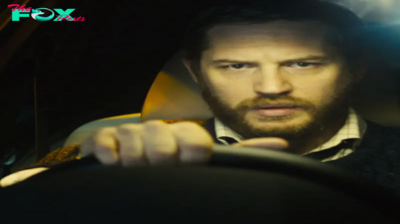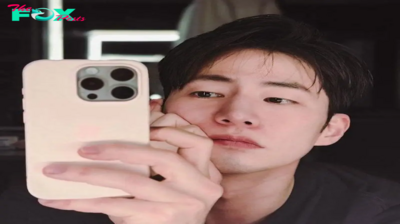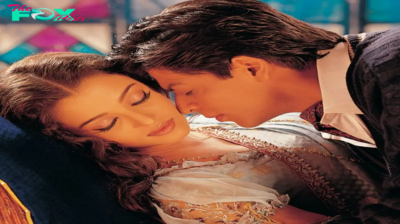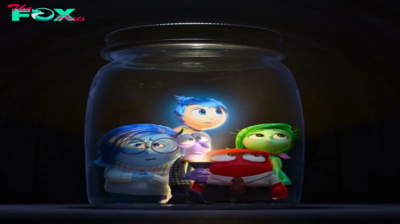Entertainment
Day of Destiny: Korean Director Kim Sung-soo Talks 12:12 The Day
In Hong Kong for the 17th Asian Film Awards, director Kim Sung-soo talks about what making South Korea’s highest-grossing film of 2023 means to him.
On December 12, 1979, a round of gunshots marked the beginning of a coup in South Korea that led to an eight-year Military junta and de facto dictatorship that’s still a sensitive subject for the country. It also forms the subject matter for director Kim Sung-soo’s recent film 12:12 The Day, which became the highest grossing movie in his home country in 2023 and the only non-franchise domestic production since the Academy Award-winning Parasite to draw more than 13 million admissions.
“I find it quite unbelievable,” Kim says humbly. “I think the topic of 12:12 The Day isn’t really what you’d usually consider as blockbuster material, because it’s a historic event. When I was working on the film, I was worried it wouldn’t appeal to a younger audience, but in the end, the movie attracted a very wide range of viewers. I’m honestly quite surprised and, of course, very thankful.”
Although Kim didn’t anticipate his film’s massive success, its reception and critical acclaim were probably less surprising to those who know the director’s personal connection with the incident.

“I was living in the area where it happened. It was my hometown,” Kim tells me. “I was 19 years old and very curious when I heard the gunfire. I rushed out to where I heard the shots from, and it was very dark at night. There was a rampage on the streets. Suddenly, the gunfire stopped. I thought, maybe it was over, and I’d head home, but it suddenly started again. The whole event spanned around 25 to 30 minutes, and that memory is still very clear
in my mind. I’m very attached to this event.
“In the ’80s, when I was in university, the economy was beginning to develop. As momentum picked up, we were headed towards greater democratisation, towards a more civil society, and there were many different protests, campaigns and civil groups. So many things were happening at the time, and it was a tough period, but they all led to a more democratised South Korea. The event in 12:12 The Day, I felt, was an awakening for the people.”
The memory of the incident, combined with his experience in South Korea during that period of political turmoil, meant that when he saw the script he had little hesitation taking the project on. But it was a different story for his two main cast members, Hwang Jung-min and Jung Woo-sung.
“Finding Hwang to play Chun Doo-gwang was the starting point,” he emphasises. “It was crucial to me for him to play the role, and from there we could find the rest of the cast. Without him, there’d be no 12:12 The Day. But he was quite reluctant to play the character when I first approached him, because the film is quite political and the role is also based on a real political figure. It’s a very sensitive topic, so he wasn’t sure if he wanted to take it on, especially when there’s a lot of heated political discourse in Korea right now.
“I also had to find someone to play Lee Tae-shin – and naturally I thought of Jung Woo-sung. I’d known him for a long time because we’ve worked together multiple times, and we’re good friends. Originally, he’d also turned me down for the role, because he was working on Hunt at the time, which was quite similar in genre. To be honest, it was quite difficult to schedule the filming of this movie because many of the actors are industry veterans in their forties and fifties, and so many scenes required them to all be together in one place. Finding a period that worked for everyone was a challenge, especially during Covid. But ultimately, we managed.”

With all the pieces eventually falling into place, the project became reality, and the film’s many nominations at this year’s Asian Film Awards is a testament to the team’s efforts. Aside from Best Film, other nominations include Best Actor, Best Supporting Actor, Best Editing, Best Cinematography and, perhaps most significantly, Best Director for Kim.
“Why? I don’t even know why!” Kim exclaims with a laugh when I ask him how he feels about so many aspects of the project being shortlisted. “I’m very surprised and very happy, but I also want to thank my cast and my crew. They were all top class.”
As to his nomination for Best Director, Kim tells us that he’s taken on a new method in directing since his last film in 2016. “Since Asura: The City of Madness, I’ve approached directing in a different way,” he explains. “During rehearsals, I’d treat it like a stage play, so I’d direct them exactly as to where they’d walk, where they’d stand, when they should speak their lines and so on. It was very much like a stage drama, and I chose to do this because even though it was very time consuming, the actors would be more able to grasp what I envision in my head.
“For those actors who’ve never worked on stage before, there was a learning curve and it took some getting used to,” he says. “But because actors like Hwang and Jung have worked with me in this way before, they were more willing to go with the exercise and could do it easily, and the other actors would follow suit after observing the two of them.”
Although the Best Director accolade ultimately went to Japanese director Kore-eda Hirokazu – for Monster – when the Asian Film Awards were held on March 10, it’s hard to imagine Kim as anything but honoured and thankful: to his cast, crew and the Academy. And given his new outlook on directing, there’ll doubtless be many more awards to come for this South Korean veteran of cinema.
-

 Entertainment2h ago
Entertainment2h ago3 Completely different Kinds of TV Appearing Roles
-

 Entertainment2h ago
Entertainment2h agoAmerica On CoffeeWe’re simply inviting you to take a timeout into the rhythmic ambiance of our breakfast, brunch and/or espresso alternatives. We’re comfortable everytime you cease by.SYRUPING UP YOUR VERY OWN COFFEE FLAVORS
-
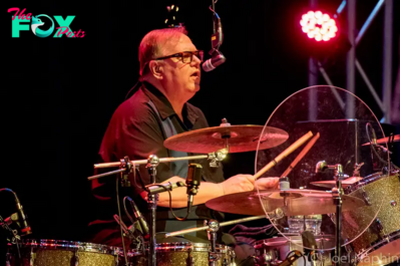
 Entertainment8h ago
Entertainment8h agoThe Smithereens with John Hampson – West Herr Riviera Theatre – North Tonawanda, NY – November 20, 2024
-

 Entertainment13h ago
Entertainment13h agoAmerica On CoffeeWe’re simply inviting you to take a timeout into the rhythmic ambiance of our breakfast, brunch and/or espresso alternatives. We’re comfortable everytime you cease by.Vacation Espresso Cocktail
-

 Entertainment13h ago
Entertainment13h ago12 Methods to Command a Stage
-

 Entertainment15h ago
Entertainment15h agoDid You Correctly Answer This Poughkeepsie Related Jeopardy Question?
-
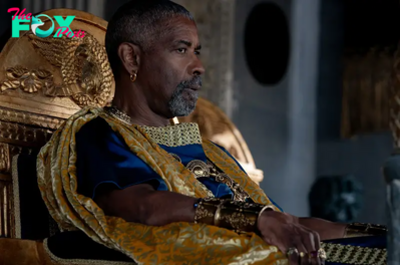
 Entertainment19h ago
Entertainment19h agoWhat to Know About Denzel Washington’s Gladiator II Character
-

 Entertainment20h ago
Entertainment20h agoChanges Made in New York to “Men Working” Construction Signs


